All kinds of document library
COURSE CODE : CHEM – 200
CREDIT HOUR : 1(1-0)
COURSE TITLE : ENVIRONMENTAL SCIENCES
B.S ZOOLOGY (MB)
ASSIGNMENT TOPIC GLOBAL WARMING
SUBMITTED TO MADAM ZAHRA JAMIL
SUBMITTED BY ROLL NO. 63,64,65,66,67,68
GOVERNMENT COLLEGE WOMEN UNIVERSITY FAISLABAD
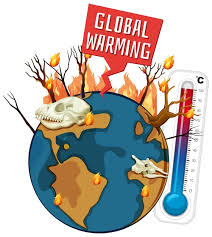
Introduction of global warming :
Global warming refers to the long – term increase in Earth average surface temperature due to human activities , primarily the emission of greenhouse gases such as carbon dioxide ( CO2) , methane (CH4) , and nitric oxide (N2O) .
These gases trap heat in the Earth atmosphere , creating a “ greenhouse effect that leads to rising temperatures .The main contributors to global warming are the burning of fossil fuels ( coal , oil , and natural gas ) for energy , deforestation , and industrial activities . Since the industrial Revolution , human activities have significantly increased the concentration of these gases , leading to unprecedented warming .
The impacts of global warming are widespread and include rising sea levels , melting ice caps , more frequent and intense extreme weather events ( such as hurricanes , droughts , and heatwaves ) , and disruptions to ecosystems and biodiversity . These changes pose risks to human societies , economics , and natural systems .
Efforts to combat global warming focus on reducing greenhouse gas emissions , transitioning to renewable energy sources , improving energy efficiency , and protectiong natural carbon sinks like forest and oceans . The Pairs Agreement , an international treaty signed in 2015 , aims to limit global temperature rise to below 2 degree C above pre-industrial levels , with efforts to limit the increase to 1.5 degree C .
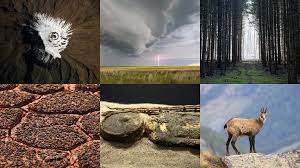
What is Global warming :
A very hot summer
The long – term rise in the average temperature of the Earth climate system
A short period of hot weather
Making something warm or hot
Greenhouse Effect :
The greenhouse effect is the process by which absorption and emission of infrared radiation by gases in the atmosphere to warm a planet lower atmosphere and surface .
Naturally occurring greenhouse gases have a mean warming effect of about 33 degree celcius ( 59 degree farnhite ).
The major greenhouse gases are water vapor , which causes about 36-70 percent of the greenhouse effect ; carbon dioxide , which causes 9-26 percent ; methane , which causes 4-9 percent ; ozone , which causes 3-7 percent .
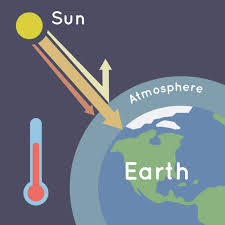
Causes of Global warming :
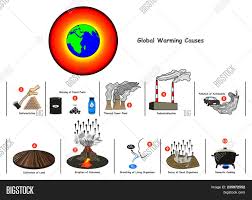
There are two types of causes of global warming are as follows :
Natural causes
Man – made causes
Natural causes : Natural causes are the causes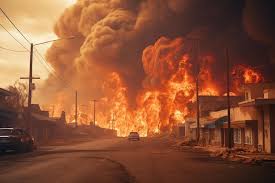 that are
created by nature.One natural cause is a release of methane gas from
arctic tund- dratowetlands . Methane is
that are
created by nature.One natural cause is a release of methane gas from
arctic tund- dratowetlands . Methane is
is a greenhouse gas and a
very dangerous gas to our
environment . A greenhouse
gas is a gas that traps heat in the earth atmosphere . Another
natural cause is that the earth goes through a cycle of climate change . This climate change usually lasts about 40,000 years.
Man – made causes :
Man- made causes
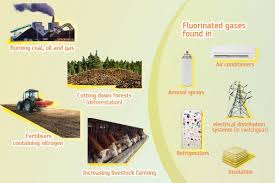 damage to our planet.There
damage to our planet.There
are many man-made causes
of global warming. The
pollution is one of the biggest man-made problem
and pollution comes in
many shapes and sizes .
Burning of fossil fuels is one thing that causes pollution.
Fossil fuels are fuels made of organic matter such as coal,
oil . When fossil fuels are burned they give off a greenhouse
gas called carbon dioxide . When you dig up the methane as
well letting it escape into the atmosphere .
Deforestation :
Forests act as carbon sink by absorbing carbon dioxide from the atmosphere . Cutting down trees for agriculture , urbanization , or logging reduces this capacity,contributing to higher carbon dioxide levels .
Transportation :
The burning of gasoline and diesel in cars , trucks , ships
And airplanes generates carbon dioxide and other pollutants , contributing significantly to global warming .
These activities increase the concentration of greenhouse
gases in the atmosphere , trapping more heat ang leading to a gradual rise in global temperature .
Effects of Global warming :
Global warming has a wide range of effects on the planet, ecosystems, and human life . These effects are interconnected and intensify over time. Some key impacts include :
Rising Temperature :
Heatwaves :
Increased frequency and intensity of heatwaves cause heat-related illness and deaths , especially in vulnerable populations .
Global Average Temperature:
Earth average surface temperature has increased and can cause
problems for living beings . 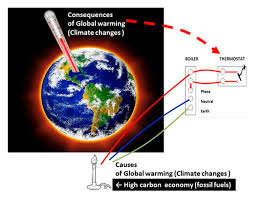
Temperature of earth also increases due to global warming .
Melting Ice Caps and Glaciers :
Polar Ice Melt :
Ice sheets in Greenland and Antarctica are melting at an accelerated rate , contributing to sea level rise .
Glaciers :
Mountain glaciers worldwide are shrinking , affecting water supplies in regions that rely on glacier melt .
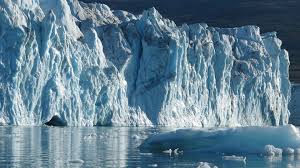
Rising Sea Levels :
Coastal Flooding :
Higher sea levels increase the risk of flooding in coastal areas , threatening homes , infrastructure , and ecosystems .
Island Nations :
Some low-lying islands are at risk of uninhabitable . 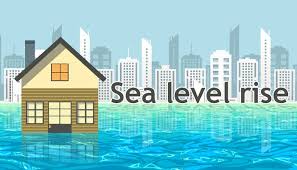
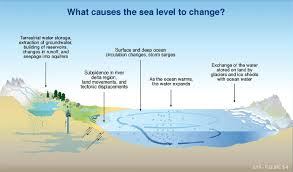
Ecosystem Disruption :
Species Extinction :
Due to high temperature many species cannot survive and they move from another areas where temperature is moderate and suitable for their survival .
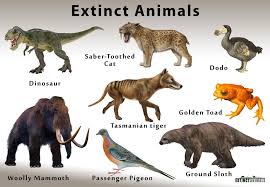
Forests –Die Offs :
Forests especially in tropical regions are under threat due to high temperature and many trees in the forests are damaged or burned due to high temperature in the atmosphere .
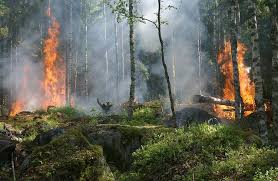
Agriculture Security :
Crops Yields :
Higher temperatures , droughts and shifting growing seasons reduce
agricultural productivity and cause shortage 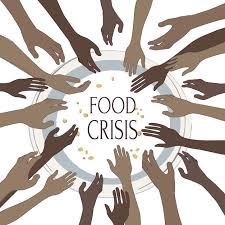 of foods
and other resources
of foods
and other resources
Measuring Global Warming
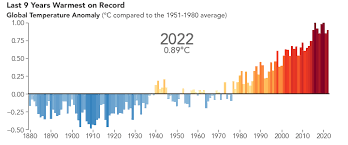
Scientists first warning-
1896
First measurements
Confirming global
Warming – 1957 at
Mauna Loa volcano
in Hawaii
Global air temperature
Increased 0.6 ^C between
1861 and 1988
Predicted average global air
Temperature will rise
1.4-5.8 ^C by 2100 .
By seeing this graph we can estimate the temperature year by year .
When did Global Warming started ?
Global warming began to be significantly influenced by human activities during the industrial revolution in the late 18th century . This is when large scale burning of fossil fuels such as coal , oil and gas started increasing concentration of carbon dioxide in the atmosphere .
The effects of global warming have accelerated dramatically in the late 20th and early 21st centuries due to higher levels of industrialization and population growth .
What can you do to help solve the problem ?
Use cleaner energy
Smart transportation and land use
Forestation
Watch less TV
Use less air conditioner
Turn off the light when leaving the room
Take public transport
Use less microwave oven
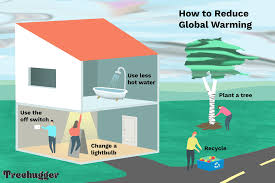
Conclusion
Global warming could not be solved easily if people are not very well practice in lowering carbon emission . The solution for this issue will be more effective when individuals change their lifestyles . Individuals can contribute to reduce the changes in the global climate through changing their habits . We must try our best to solve the problem as much as possible .
Reference
We collect all these topics from different websites including
Studypool and LearnPick and seeing some content points from wikipidia .